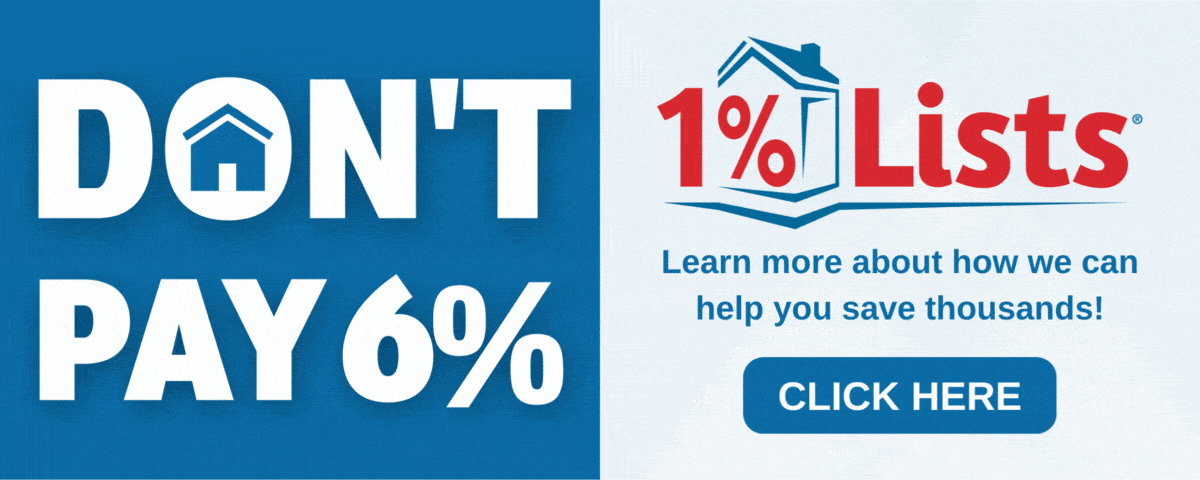In today’s fast-paced real estate market, selling your home quickly is not just a goal; it’s a necessity for many. The key to a swift sale lies in understanding the crucial factors that influence the process: the right pricing, how the home is presented, effective marketing, and skillful negotiation. This blog will guide you through each step, offering practical advice to expedite your home sale without compromising on your return.
Preparing Your Home for Sale
To convert interest into offers, your home must stand out from the competition. Achieving this begins long before listing your property. Here are essential steps to prepare your home for a quick sale.
Declutter and Depersonalize
Creating a neutral space allows potential buyers to visualize themselves living in your home. Start by removing personal items such as family photos, memorabilia, and personalized decorations. Next, declutter each room to make spaces appear larger and more inviting. This process might involve packing away seldom-used items, donating unused belongings, or temporarily renting a storage unit for personal possessions.
Home Repairs and Improvements
Addressing minor repairs and making strategic improvements can significantly enhance your home’s appeal. Walk through your home and note any maintenance issues, such as leaky faucets, creaky doors, or chipped paint, and fix them. Consider cost-effective updates that offer a high return on investment, such as a fresh coat of neutral paint, updating lighting fixtures, or refreshing cabinet hardware. Major renovations might not always be necessary or cost-effective, so focus on changes that will make the most impact with minimal expense.
Professional Staging
Staging your home can make a dramatic difference in how it’s perceived by buyers. A professionally staged home is designed to showcase the best features of your property, making it feel welcoming and lived-in without the personal touch of the current occupants. If a full staging isn’t within your budget, consider a consultation with a staging professional who can provide specific recommendations to maximize your home’s appeal using existing furniture and décor.

Pricing It Right
Setting the correct price from the start is critical to selling your home quickly. A well-priced home can attract more buyers, generate multiple offers, and potentially sell above the listing price. Here’s how to price your home effectively.
Competitive Pricing Strategy
The aim is to set a price that’s competitive enough to attract buyers while ensuring you don’t leave money on the table. Start by understanding the local market trends, including the prices of recently sold homes in your area with similar features and conditions. This approach helps in setting a realistic and competitive price that aligns with buyer expectations.
Market Analysis
Conducting a comparative market analysis (CMA) is a key step in pricing your home. This analysis compares your home to others in the area that are currently on the market or have recently sold. Factors such as location, size, condition, and upgrades play a significant role in determining your home’s market value. A real estate agent can provide a comprehensive CMA, giving you the insights needed to price your home accurately.
Flexibility
While it’s important to set a fair initial price, be prepared for some negotiation. The market can shift, and buyer interest levels may vary. Being open to negotiation doesn’t mean lowering your standards but rather being willing to listen to reasonable offers and respond in a way that moves the sale forward. Flexibility can be the key to closing a deal swiftly without compromising too much on your desired selling price.
Effective Marketing Strategies
A strong marketing strategy can significantly reduce the time your home spends on the market. By showcasing your home’s best features and reaching the right audience, you can attract more potential buyers. Here’s how to implement effective marketing strategies for your home.
High-Quality Photos and Virtual Tours
In today’s digital age, most home buyers start their search online, making high-quality photos and virtual tours essential. Professional photography can capture your home in the best light, highlighting its features in a way that attracts attention. Virtual tours offer an immersive experience, allowing potential buyers to explore your home from anywhere, which is particularly appealing to out-of-town buyers and those with busy schedules.
Utilizing Social Media and Real Estate Platforms
Maximize your home’s visibility by listing it on popular real estate platforms and leveraging social media. Platforms like Zillow, Realtor.com, and Trulia are go-to resources for homebuyers. Sharing your listing on social media platforms, including Facebook, Instagram, and Twitter, can also increase exposure. You can reach a broader audience by encouraging friends and family to share your listing.
Open Houses and Private Showings
Hosting open houses and private showings plays a crucial role in the selling process. Open houses can attract multiple potential buyers at once, creating a sense of competition and urgency. For private showings, ensure your home is always ready to be shown at a moment’s notice. Flexibility and accessibility can make a significant difference in attracting serious buyers.
Working with the Right Professionals
Selling your home quickly and efficiently often requires the expertise of real estate professionals. From real estate agents to legal advisors, the right team can streamline the sale process, negotiate on your behalf, and handle complexities with ease. Here’s how to choose and work with the right professionals.
Choosing a Real Estate Agent
The choice of a real estate agent is perhaps the most critical decision in the selling process. Look for an agent with a proven track record of quick sales in your area. They should have in-depth knowledge of the local market, strong negotiation skills, and an effective marketing strategy. An agent who communicates clearly and regularly can help reduce stress and ensure you’re informed at every step.
Legal and Financial Preparation
Selling a home involves various legal and financial considerations, from contracts to closing. Working with a knowledgeable real estate lawyer can help you navigate these complexities, ensuring all legal documents are in order and rights are protected. Additionally, a financial advisor can provide valuable advice on tax implications and optimizing your financial outcome from the sale.
Staying Informed and Engaged
While professionals will handle much of the process, staying informed and engaged is crucial. Ask questions, seek clarification when necessary, and make decisions based on professional advice and your best interests. Your involvement is key to a successful and expedient sale.

Closing the Deal
Once you’ve attracted a buyer and negotiated the terms, closing the deal efficiently is paramount to selling your home quickly. This final phase involves several steps, from accepting an offer to handing over the keys. Here’s how to navigate the closing process effectively.
Effective Negotiation Techniques
Negotiation is an art that can lead to a faster sale if handled correctly. Aim for a win-win situation where both you and the buyer feel satisfied with the deal. Be open to compromise on certain aspects, like closing dates or minor repairs, if it means keeping the sale on track. Quick, responsive communication during negotiations can also help maintain momentum and show the buyer you’re serious about selling.
Understanding the Buyer’s Needs
A smooth closing process often hinges on understanding and accommodating the buyer’s timeline and requirements. If the buyer is in a hurry to move, expedite the sale by being flexible with the closing date. Similarly, if they request certain repairs or improvements, consider whether accommodating these requests could be beneficial in closing the deal more quickly.
Finalizing the Sale
The final step involves a lot of paperwork and legal formalities. Ensure all inspections, appraisals, and any agreed-upon repairs are completed before the closing date. Work closely with your real estate agent and lawyer to ensure all the necessary documents are prepared and signed. On closing day, you’ll transfer the property title and receive the payment. It’s essential to have all your belongings moved out by this date to avoid any last-minute complications.
Conclusion
Selling your home quickly demands a blend of strategic preparation, effective pricing, robust marketing, professional collaboration, and skilled negotiation. By decluttering and staging your home, setting a competitive price, leveraging high-quality visuals and online platforms, working with experienced professionals, and navigating the closing process efficiently, you can significantly enhance your home’s appeal and expedite the sale.
Remember, patience and positivity are key throughout this journey. While the goal is to sell quickly, maintaining flexibility and openness to adapt to the market’s demands will serve you well. Armed with these strategies and insights, you are better positioned to navigate the complexities of selling your home, ensuring a swift and successful transaction that aligns with your goals and timeline.

